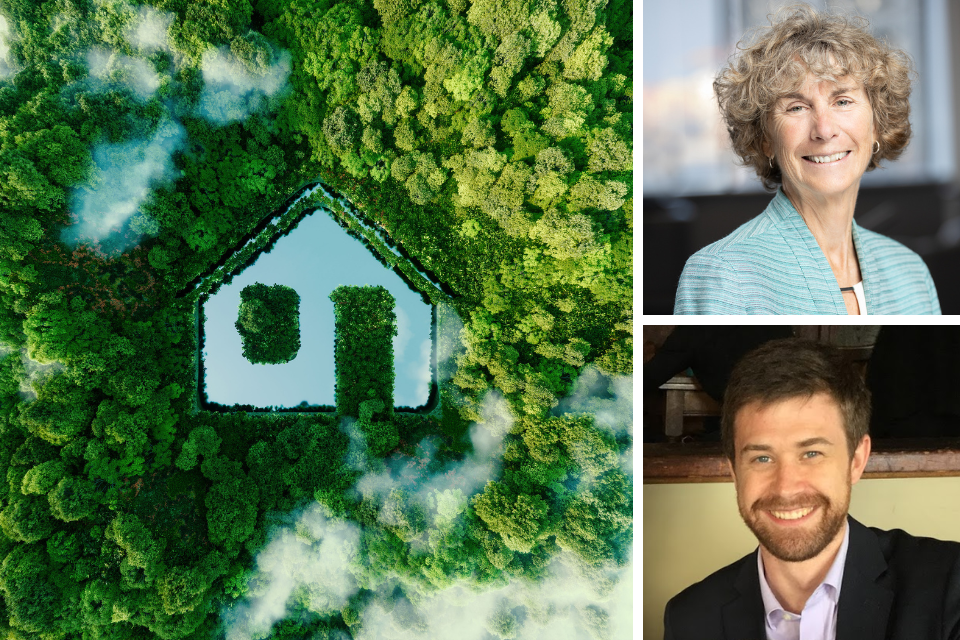
Project empowers rural, remote and Indigenous communities by co-developing innovative solutions for better housing and safer technical equipment in changing climates.
Communities across B.C. face very different types of climate risk. From floods, to heat, to fire, exposure to climate hazards varies across the province. Rural, remote, and Indigenous communities can be especially vulnerable to climate change because of inequitable policies, economic inequalities, and low infrastructure investment.
Building codes and technology are rapidly shifting to help communities meet climate targets. However, climate policies may be ineffective without thoughtful consideration of needs and realities in rural, remote, and Indigenous communities. The Pacific Institute for Climate Solutions is funding work to co-develop plans that improve housing and technical equipment in the face of changing climates in these communities. The project, Serving Rural and Remote Communities: Co-developing Place-Based Climate Resilient Solutions, aims to weave place-based and Indigenous Knowledges with academic research to reduce greenhouse gas emissions and climate vulnerabilities.
Researchers: Nancy Olewiler, David Bristow
Collaborating Organizations: Simon Fraser University, University of Victoria, University of Waterloo, University of Washington, First Nations Housing and Infrastructure Council, B.C. Housing and Technical Safety B.C.